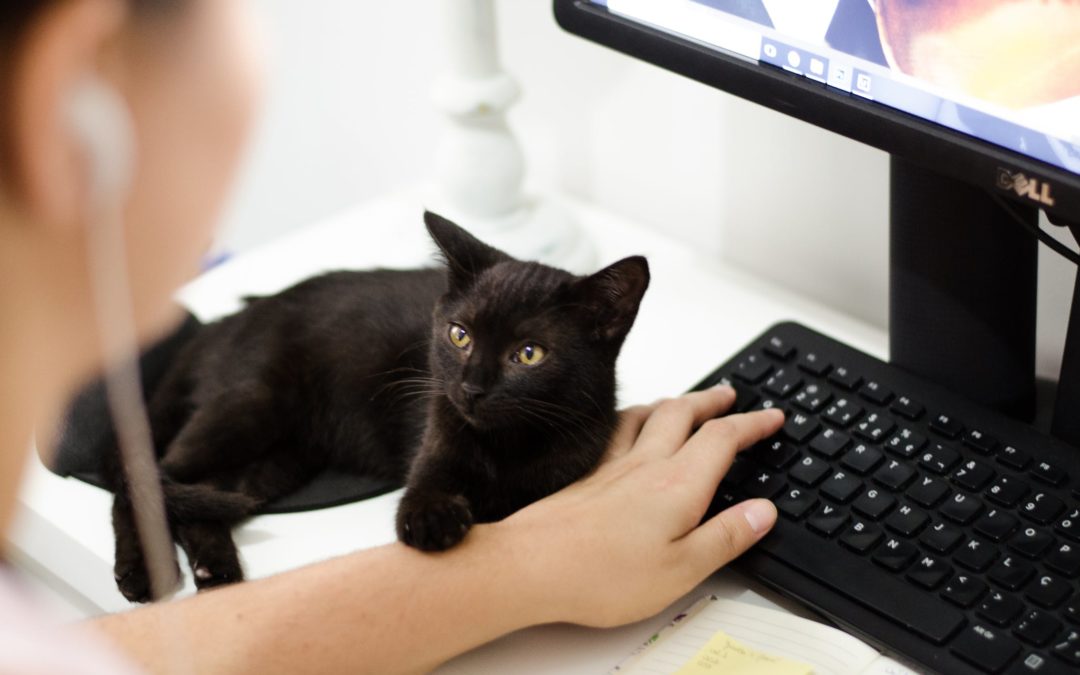Superstitions in Business Influence Consumer Behavior and Brand Design
Superstitions are a strong force in our daily lives, but superstitions in business are easy to dismiss. When you boil them down, superstitions are beliefs, and beliefs guide our decision making. In international business, your awareness of cultural superstitions is key to successful negotiations. This is particularly the case in China and other Asian countries. But, what about small domestic business?
As a small business owner, you likely have superstitions that have guided your branding decisions. Similarly, people carry superstitious rituals when they interact with your brand. Customer behavior is influenced by individual superstitions. People use them as a sort of heuristic device to solicit positive outcomes. Think stock investments, gambling and other risk-related decision making. Tuning into these superstitions can help you see the world of business for its distinctly human practices. And also see the way both consumers and business owners make decisions.
Superstitions in Business: Location
There’s definitely a building in your neighborhood that started as a bar. Then became an ice cream shop. Then a pet grooming parlor … all in a short two years. The popular assumption for places with high business turnover is, of course, that they’re cursed. And putting your business in that space is suicide. When a location has a high business turnover, we want to believe there is some sort of old grumpy ghost that had a failed business in the building. And then they curse business for all who lay claim there. The reality, however, could chalk up to a few different factors.
- If the first few businesses didn’t set roots long enough for people to establish a connection, it becomes more difficult for new businesses to gain potential customers’ attention because walking traffic is used to looking the other way.
- The rent in the building is obscenely high and the landlord keeps hiking it up to the point that small businesses have to close up shop or move to a different location.
- The previous stores could have been too progressive for that area and opened shop before its time.
- There is indeed a ghost that bitterly condemns the space with a series of hackneyed ghost tricks (flickering lights, creaky floorboard screams, pockets of chilly air, etc.)
Superstitions in Business: Fear of Success
When small business owners reach a point when they’re ready to invest in a professional brand, they often fear the brand will be ahead of where they are as a business. They don’t want their brand to create bigger shoes than they are prepared to fill. By definition, a superstition is an irrational belief that originates from either ignorance or fear. This is a common case of imposter syndrome that becomes frighteningly apparent for small business owners facing a fresh, professional brand. Intimidation of your own brand’s power is common.
Your brand, in many ways, is the aspirational identity of your business. As a business owner your goal is to rise to the occasion outlined in your brand, and to then align your brand purpose and values with action. If you partner with a reputable branding company that truly listens to where you stand, sees your brand potential and recommends realistic next steps for your brand, then there is nothing to really worry about.
Superstitions in Business: Keep Your Cards Close To Your Chest
Many business owners feel they need to protect their expertise by limiting the amount of information they provide customers. They think if customers know too much then they might see past the wizard curtain and feel confident they can do it themselves. In some cases that can totally happen–but if you’re terrified that someone is going to rip off your idea, then that’s what patents are for. In general, open communication with clients is a much healthier practice that has been shown to foster long-lasting customer relationships.
Soil Scientist and Garden Wizard Craig was conflicted with this when Full Circle Soils & Compost was getting off the ground. He had put a lot of work into creating his soil formulas. He also didn’t want customers to know his recipes and create them at home. But his superstition was misguided. Since he produces truly original soils on a large scale and he’s so meticulous with his work, the people who would even think to do this themselves are not his customers.
They are fellow soil scientists. Together we decided that listing the recipes on the packaging is a better idea for him because the casual gardener is much more interested in these basic ingredients. Then they’ll continue to do more business with Full Circle. After finalizing that decision their profits grew 17% in a year.
Superstitions in Business: Color
Color is a powerful tool in branding because it helps to immediately convey a brand message. In fact research shows that color increases brand recognition by up to 80%. With that kind of power, we understand why clients can be superstitious about the colors representing their brand.
We’ve had clients that refuse to have a certain color in their brand (even if it makes perfect design sense). This is due to them being weary of the color’s meaning–they are legitimately afraid it will curse their brand for failure. For small business owners, those associations can greatly influence their brand design. Beliefs are beliefs and if a color sets an owner off that much, then it’s better to choose a different color.
Colors can also take on completely different superstitious representations when used with certain objects or animals. A green leaf may represent nature and health, while a green test tube might represent toxicity. Designers will benefit from a general understanding of color superstition. Market research can help inform your design. And also prevent brand color disasters as you discover how your target audience might receive those colors.
What sneaky superstitions have influenced your branding or buying decisions?


Recent Comments